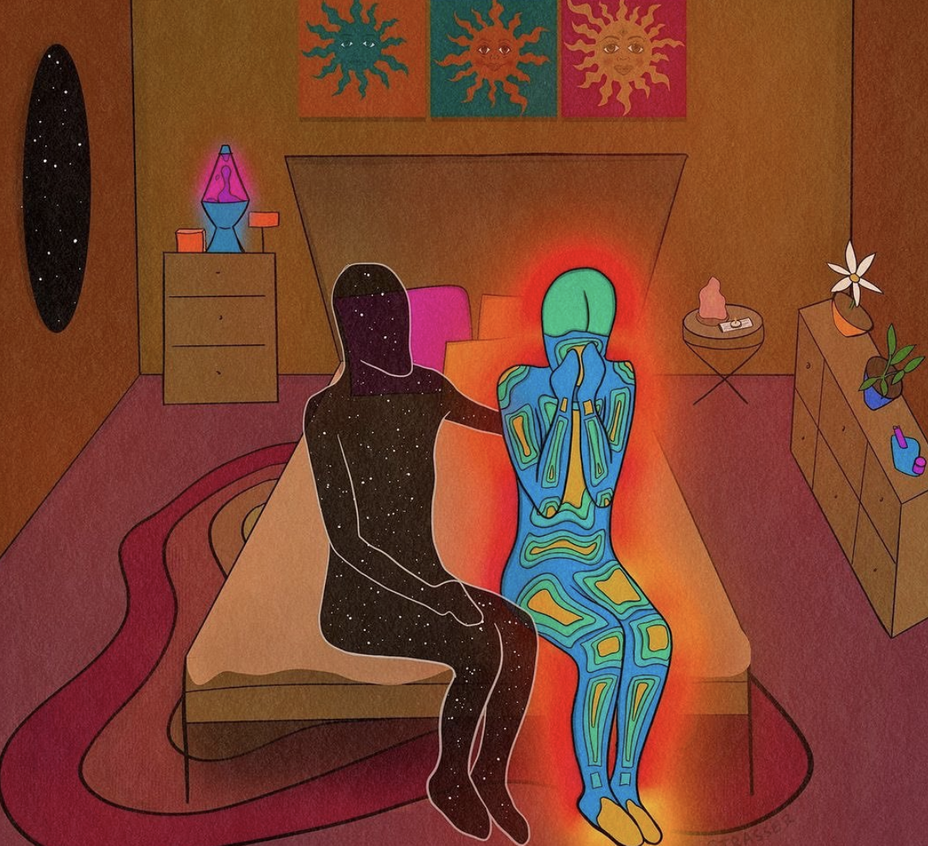The grief for the loss of those who are still alive
In January 2020 my father had a breakdown, and in the hospital emergency room where my mother had dragged him thinking he was having a stroke, we discovered cancer. First they talked about a brain tumor, which would be scary in itself, but given the history of two aunts who had had brain tumors, operated on and got well, it didn’t seem like the worst-case scenario. Unfortunately it wasn’t just that. We were facing an advanced cancer, complex, cruel and incurable.
My family always told the story of the “cat that fell off the roof”. Basically, it narrated that it was not correct to give the news that a cat died, but to unravel the outcome little by little.
The cat climbed onto the roof.
OK.
The cat fell off the roof.
Hmm.
The cat died.
Oh.
With us, it was similar. “There is a tumor”. Okay, I trust in medicine, it’s “just” to operate. My sister and I weren’t even in the country. She ran to our hometown, promising to tell me the truth about the gravity of the situation. It didn’t take long for me to get a desperate call where my sister narrated being stopped by doctors in the hospital corridor, where they began introducing the theme of “survival”.
With surgery scheduled, I took the first flight I could get the next day, to get there before then. I didn’t know what to expect, but I felt it could be a farewell. I, who always had an extremely troubled relationship with my father — about whom we sometimes wonder if some complicated traits didn’t come from the disease, which could have been in my father’s head for 10 years, slowly growing, according to the doctors — had a moment very striking where I asked “You thought I wouldn’t come, right?” where he, from the hospital bed, replied “Yeah. I thought I wouldn’t come.”
While my mother and sister acted in a state of despair, I was still in shock. I would sit down with the doctor and start asking very didactic questions to try to understand what was going on in that head now even more tragically intriguing. And he asked questions that no one else had the courage to ask. What will happen from now on? What can we expect from here? How long is he estimated to have? How will my father die? How should we prepare for this moment?
Doctors aren’t gods and don’t have all the answers. My father’s were extremely competent, solicitous, available and patient. But still they don’t have all the answers. Even more so when it comes to the mind, there is a lot of uncharted territory. “There are patients who, with surgery and treatment, survive for another 6 months; there are rare cases of people who live up to 10 years.”
But a phrase that the neurosurgeon always tried to make clear, in a subtle but necessary way, was “he will never be the same again”. Which opens up many interpretations of how much a person can stop being himself.
Read the rest here on medium: bit.ly/3CzU8UQ
#Grief #Cancer #Loss #BrainCancers #Parentloss #Depression #antiexy

